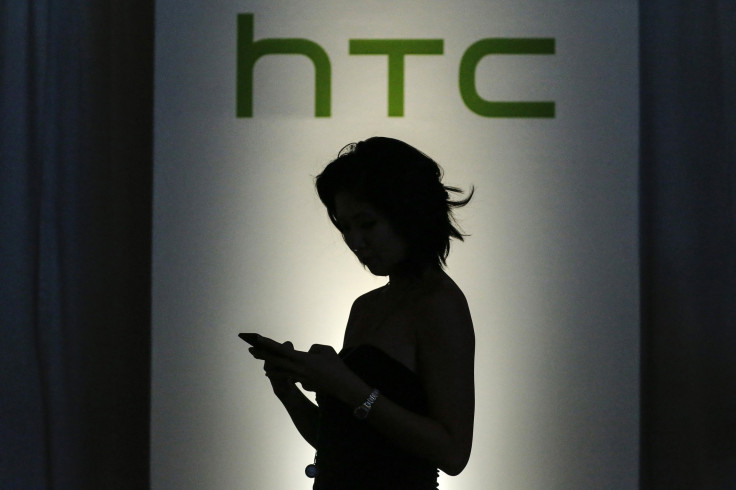HTC’s Future In Doubt: How Chinese Rivals Like Xiaomi, Huawei Undercut Taiwan’s Once-Dominant Phonemaker

How the mighty have fallen. Four years ago, HTC was one of the top smartphone makers on the market by share, rivaling the global titans Apple and Samsung. But these days you're lucky to see it listed as anything more than a footnote on global rankings.
After peaking in 2011, the Taiwan company’s handset sales started falling, eroding revenue as well as profits. The company faced a couple of major problems. The first was self-inflicted. It spread itself too thin by releasing a host of products that confused consumers. “We ended 2011 with far more products than we started out with,” former HTC UK chief Phil Robertson told Mobile Today. “We tried to do too much.”
At the same time, more competitors were coming on the scene. Chinese brands like Huawei and Xiaomi started undercutting HTC's offerings at the low end of the market, while Apple and Samsung continued to dominate the high end. HTC was caught in the soft middle. “You’re not cheap enough for the budget-conscious guy and you’re not good enough for the people who want premium devices," said Roger Entner, principal analyst at Recon Analytics.
HTC's smartphone sales continued to fall year after year, and in 2015 it saw two consecutive quarters of declining revenue and net income losses. It reported a net loss of $139 million for its most recent quarter. And its outlook now is so bleak that HTC said it would no longer provide analysts with forward-looking guidance. “Given the dynamic nature of this business year, we have decided not to provide that kind of detailed financial forecast,” said CFO Chialin Chang during a Friday earnings call.
Revenue was down nearly 50 percent compared to the same period last year, where HTC posted a small 200 million new Taiwan dollar ($6.2 million)-profit on revenue of 41.9 billion new Taiwan dollars ($1.3 billion).
HTC is hoping to revive sales with the One A9 smartphone it unveiled on Oct. 20. While the handset maker highlighted a laundry list of features, such as a new design, 5-inch screen and a 13-megapixel camera, critics couldn’t help but notice that it bore a striking resemblance to Apple’s iPhone 6S.
— Sören Lindhoff (@soerenlindhoff) October 23, 2015It doesn’t help either that the HTC One handsets released in prior years looked nearly identical to their predecessors for three years straight.
It's a lesson that Samsung learned through seven consecutive quarters of declining profits, and only in the third quarter in 2015 was the Korean company able to reverse its fortunes with profits of 5.46 trillion South Korean won ($4.8 billion) on sales of 51.7 trillion won ($45.6 billion).
HTC is exploring new areas of revenue, such as virtual reality. In partnership with Valve Corp., it is slated to launch its first VR Headset -- the HTC Vive. The augmented reality and virtual reality device market is expected to grow to $4 billion by 2018, according to CCS Insight forecasts. But HTC steps into a field with a growing number of competitors, including Facebook’s Oculus, the Samsung Gear VR, Sony PlayStation VR and augmented reality headsets, such as Google Glass and Microsoft HoloLens.
The company is also looking to find a place in the wearable device market. HTC was expected to launch a fitness band this summer through a partnership with Under Armour. But its release was delayed to early 2016.
While HTC was able to pull off slim profits through 2014, it saw those minor gains erased in the second quarter of 2015, with a massive loss of 8.1 billion new Taiwan dollars ($249.9 million). It tried to turn itself around with a number of restructuring efforts, including a 15 percent cut of its workforce in August -- more than 2,000 employees. But to date it hasn't brought HTC back to profitability.
© Copyright IBTimes 2024. All rights reserved.






















